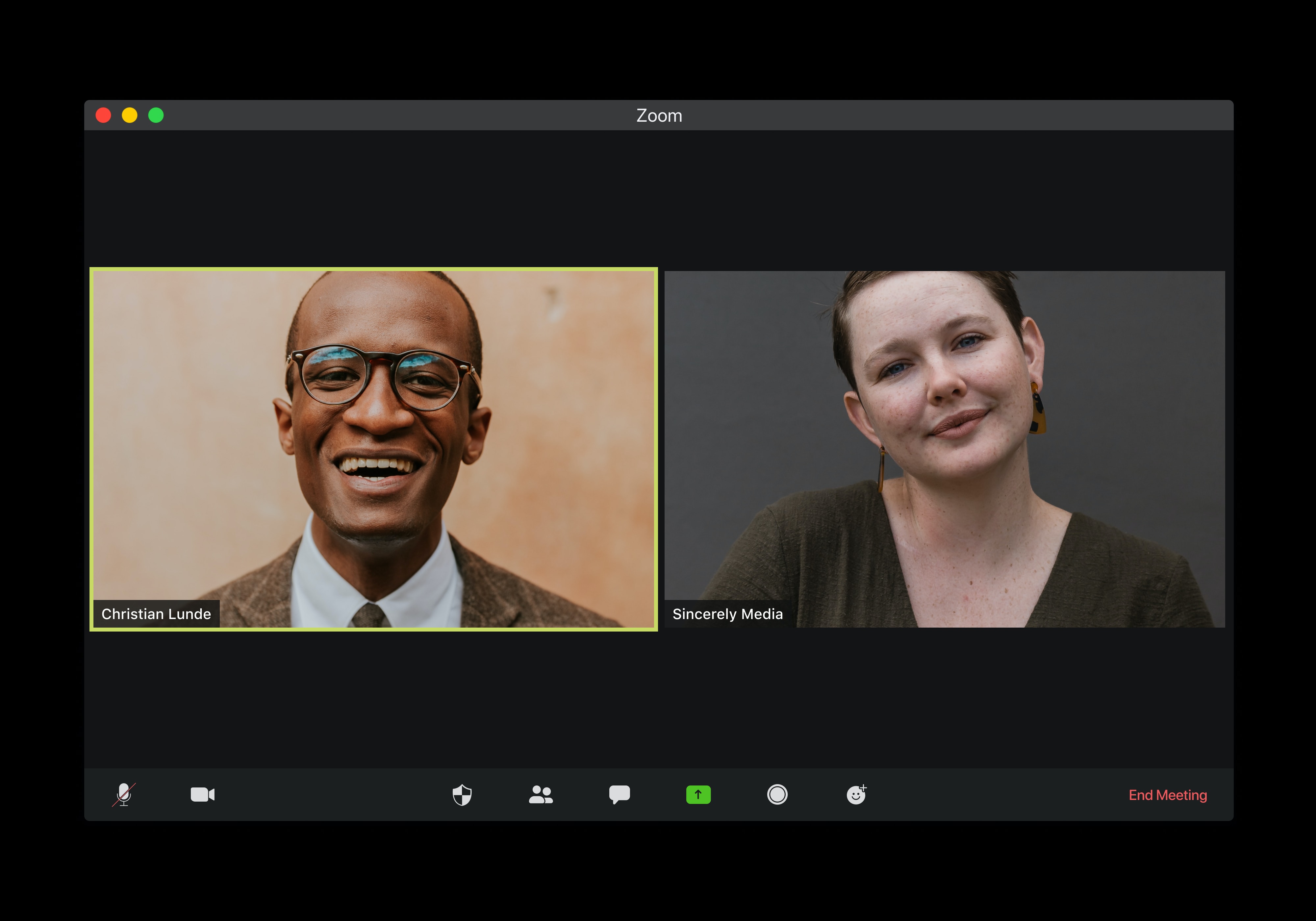

Zoom's continued expansion of its cloud PBX offering has fueled speculation that it is looking to become a full-fledged UCaaS provider - a move that would bring it into competition with longtime partner RingCentral. Zoom, RingCentral extend partnership Zoom Phone comes with desktop and mobile clients, and it works with desk phones from Yealink and Poly. The vendor said it expected to make the product generally available in those countries this summer. Zoom Phone will launch in beta in the United Kingdom and Australia on May 19, its first expansion beyond North America. More than 50 desk phones from the two vendors are now compatible with the Zoom product. Zoom Phone added support for desk phones from Yealink and Poly in March, and the vendor certified 10 additional devices from those vendors this week. Most recently, the vendor integrated the product with contact center platforms from Twilio and Five9 and with customer relationship management vendor Salesforce. Zoom has expanded its new PBX service significantly since launching the product in January. "Many businesses have existing telco relationships and can get better deals on calling plans from their current providers." "Zoom's launch of a third-party telephony SIP trunking option is a clever move," said Elka Popova, analyst at Frost & Sullivan. Microsoft Teams, which competes with Zoom in the video conferencing and collaboration market, supports a similar bring-your-own-carrier feature, called direct routing. Plus, it's usually cheaper to buy access to the public switched telephone network (PSTN) from a telco than from a unified-communications-as-a-service (UCaaS) vendor. The setup will also allow businesses to use advanced services that are only usually available from telecommunication service providers, such as virtual remote numbers and toll-free messaging, Lazar said.

Zoom Phone's new bring-your-own-carrier option will let businesses test the cloud service without giving up management of phone numbers or abandoning investments in Session Initiation Protocol trunks and other calling infrastructure, said Irwin Lazar, analyst at Nemertes Research, based in Mokena, Ill.


 0 kommentar(er)
0 kommentar(er)
